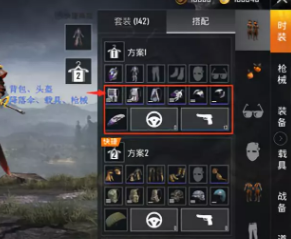what determines the value of cryptocurrency Top Featured snippets
The coastal defense island area is facing the problems of marine climate, strong wind, high humidity and salt spray corrosion, and the border defense area has complex terrain and extreme climatic conditions. These environmental factors put forward high requirements for unmanned scientific and technological products. For example, when an unmanned aerial vehicle flies over the ocean, salt fog may erode its electronic equipment, and unmanned vehicles may have problems such as difficulty in starting the engine in the alpine mountain area on the border. In view of these problems, it is necessary to develop protective technologies that adapt to special environments. For example, special moisture-proof and anti-corrosion treatment is carried out for the electronic equipment of drones, and engines and parts adapted to the cold environment are developed for unmanned vehicles.1. Monitoring requirements in a wide areaUAV plays an important role in coastal defense islands and border defense. In coastal defense, UAV can cruise over the vast sea area of China for a long time, and use its advanced optical and radar equipment to monitor the activities of ships at sea. For example, it can timely find those ships that illegally intrude into China's waters, whether they are small fishing boats or large cargo ships. According to military experts, the cruising efficiency of drones is several times that of traditional patrol ships. In border areas, drones can cross rugged mountains and deserts to monitor the border. Its high-resolution camera can clearly identify abnormal activities such as people and vehicles on the border, which greatly improves the scope and accuracy of border monitoring.
Unmanned technology: coastal defense, islands and frontier defense's new help to defend the motherland.Unmanned driving technology can also play a unique role in coastal defense islands and border defense. At sea, unmanned ships can be used for patrol, material transportation and other tasks. In island defense, unmanned supply ships can accurately transport materials to various islands, reducing personnel risks and improving transportation efficiency. In border areas, unmanned vehicles can perform patrol tasks in harsh terrain and environment. For example, in plateau border areas, unmanned vehicles are not affected by factors such as high altitude and lack of oxygen, and can patrol for a long time according to the set route to find out the sudden situation at the border in time.
1. Monitoring requirements in a wide area2. Task execution in dangerous environmentUnmanned science and technology: a new boost to coastal defense islands and border defense.
Strategy guide 12-13
Strategy guide
Strategy guide
12-13































